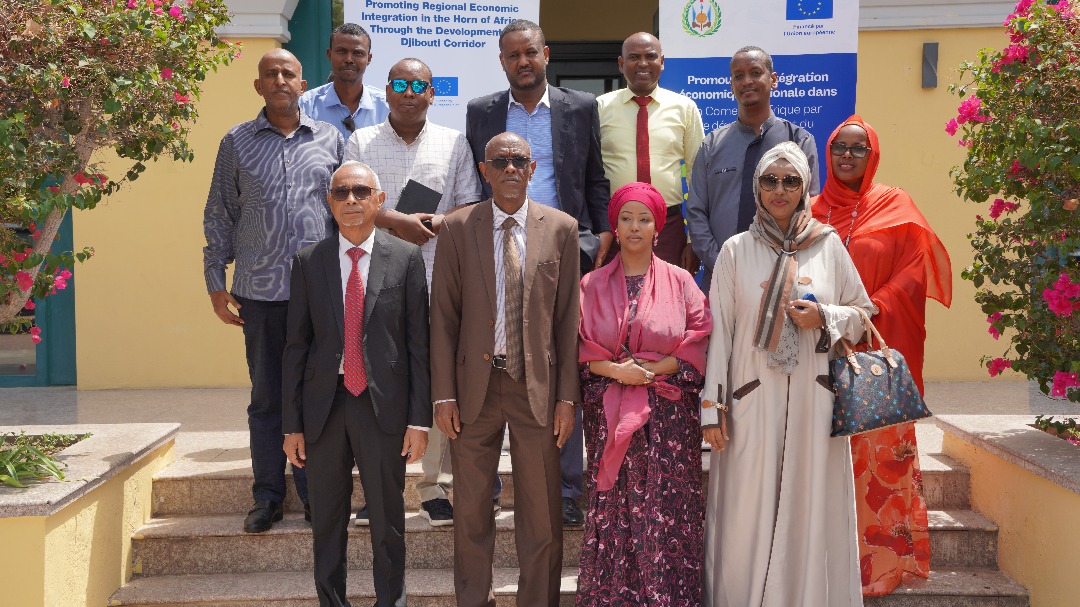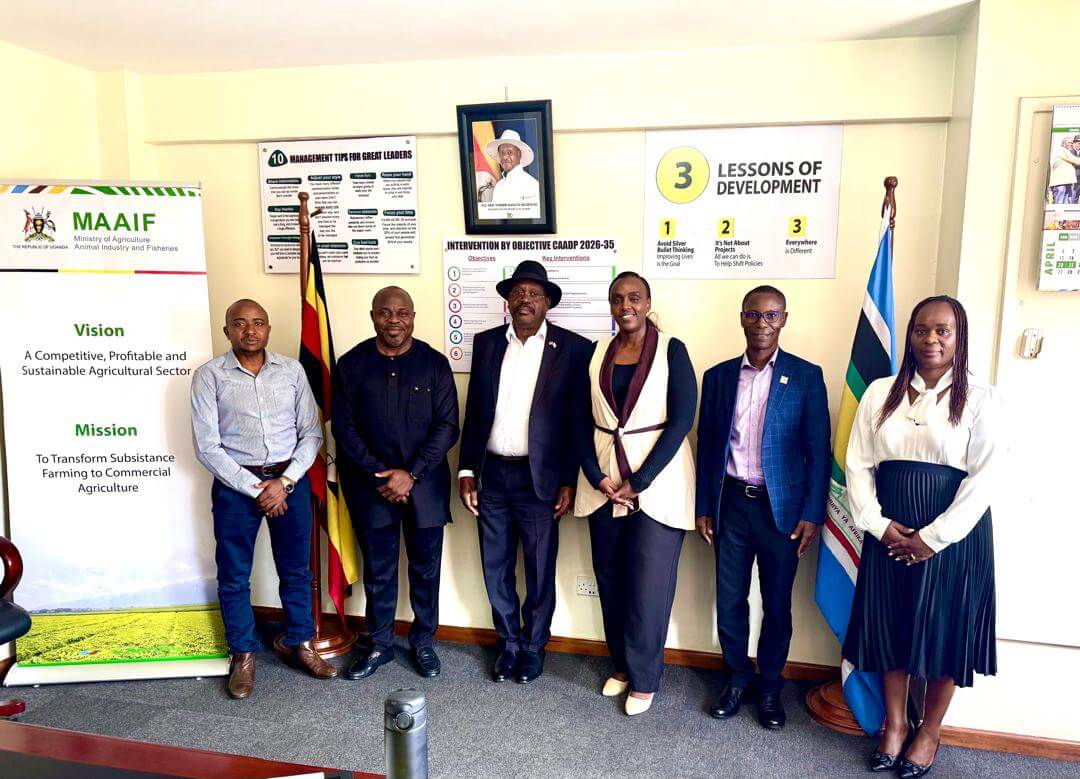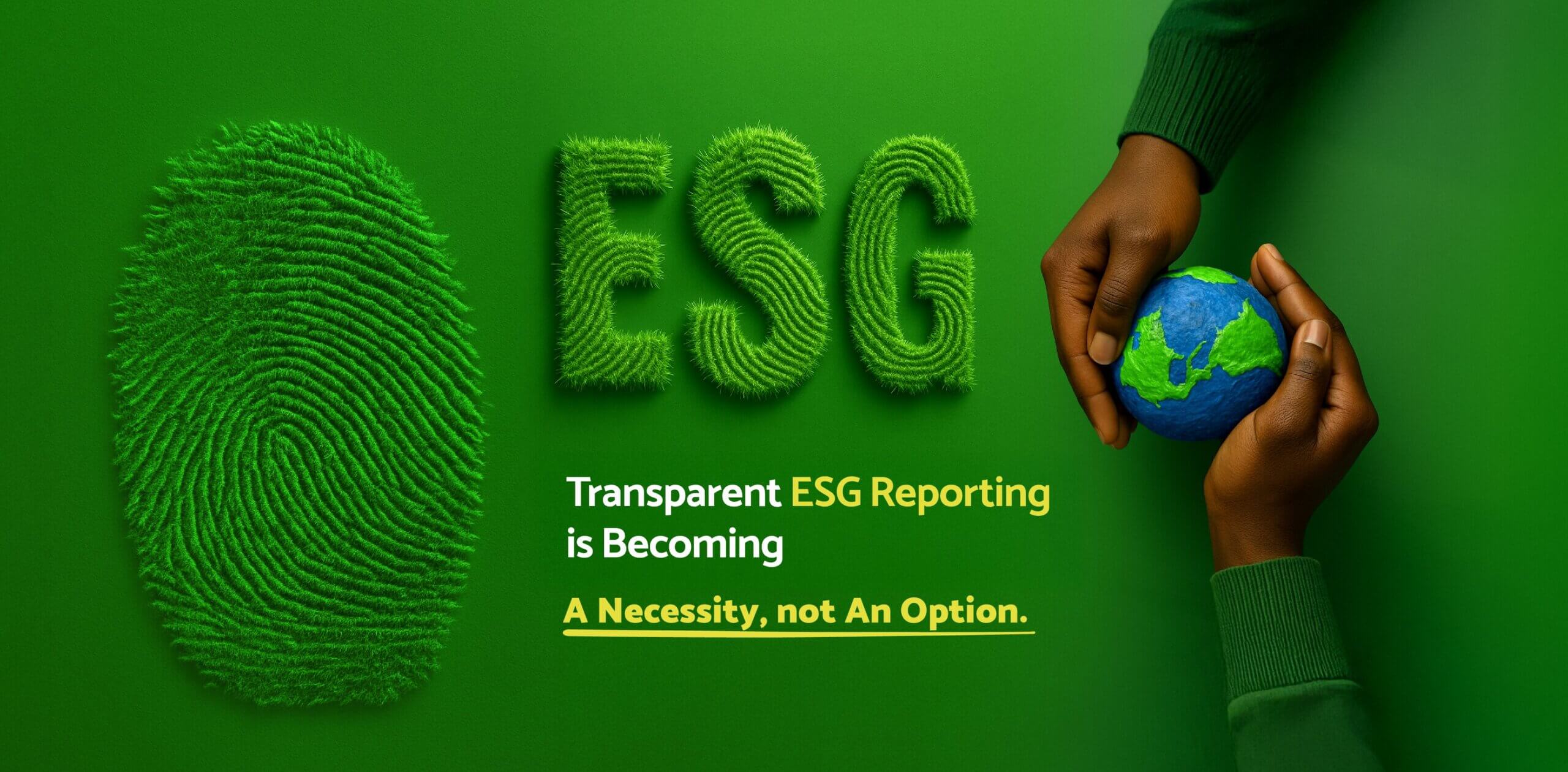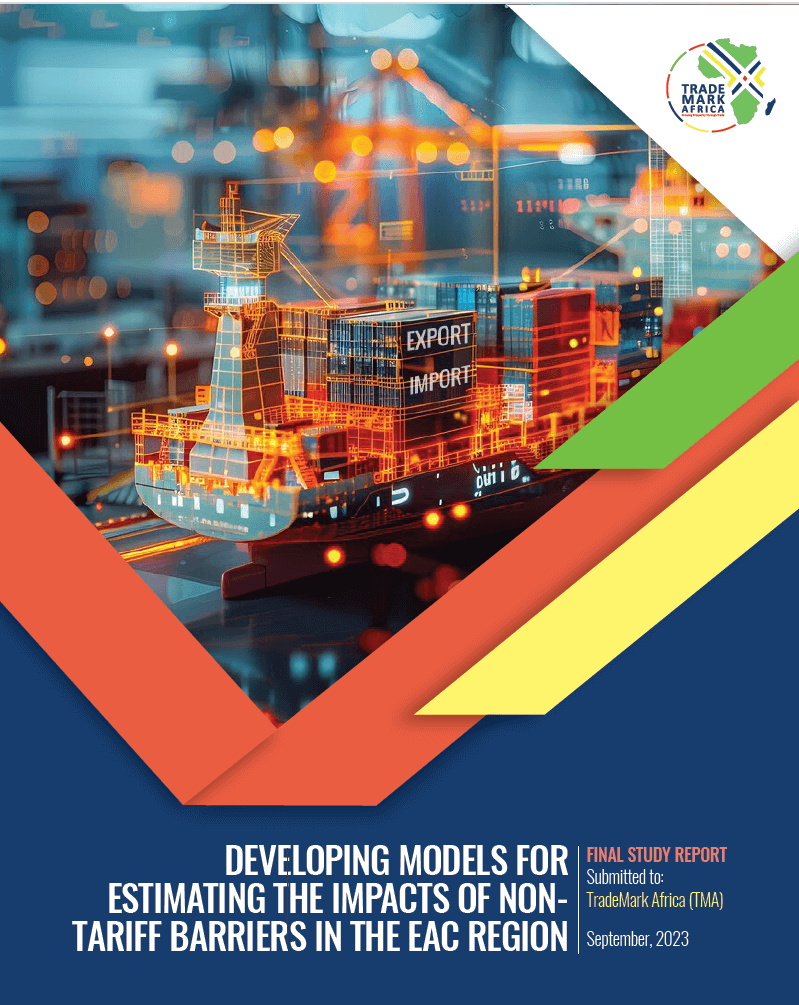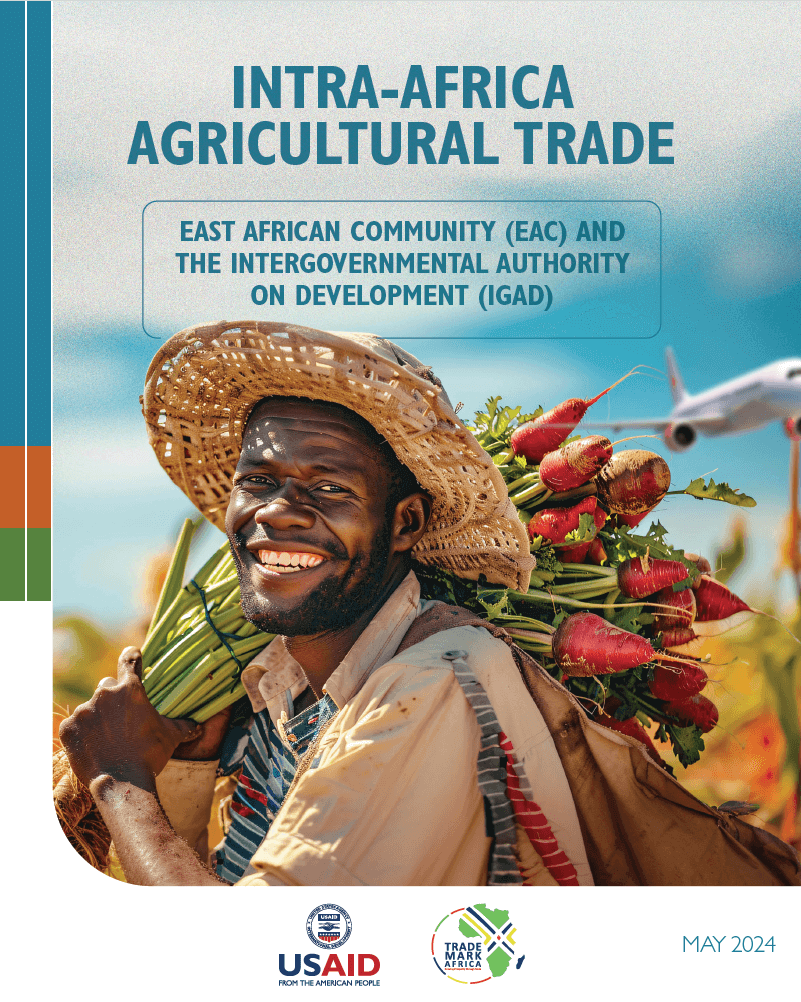By the time a crate of French beans meant for export leaves a farm in Kirinyaga County in Kenya, it has passed multiple sanitary and phytosanitary checks. The farmer has done everything required to meet the expectations of the destination market. But despite these efforts, unforeseen risks often come after the farm gate. Somewhere between the packhouse and the port, the cargo faces various risks including delays, disruption of the cold chain, inconsistent handling and ultimately, the produce arriving late, warm or spoiled. In a global market where shelf life is money and freshness is reputation, these risks carry serious consequences. This week, public and private sector actors came together to address one of the most pressing challenges in Kenya’s horticultural value chain. The convening was supported by our development partners: the European Union, the Netherlands and Denmark through the Business Environment and Export Enhancement Programme (BEEEP), and the British High Commission in Nairobi through the Regional Economic Development for Investment and Trade (REDIT) programme. It was facilitated by TradeMark Africa. The discussions focused on advancing the export of fresh produce by sea. To this end, stakeholders across Kenya’s horticultural export value chain negotiated a Service Level Agreement (SLA) that could transform how produce moves from farm to ship. The SLA is the first of its kind in scope focusing on export of horticultural produce, covering: Collection at the farm gate Packhouse processing Regulatory and customs clearances Road and rail transport to port Port gate-in, yard operations, and ship loading...
How better logistics could unlock Kenya’s full potential in horticultural exports
Posted on: July 11, 2025
Posted on: July 11, 2025



